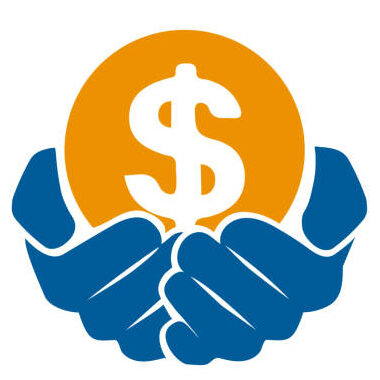
Good personal finance management is the key to financial security and long-term success. Budgeting, saving, and controlling debt are the three most important elements of personal finance. In this article, we will examine each of these, with useful tips that enable you to manage your money yourself.
Budgeting
Budgeting is the backbone of managing personal finances. A good budget enables you to monitor your income and expenses, thereby living within your means and investing funds in your financial goals.
Steps to Establish a Budget:
- Track Your Income and Expenses: Begin by making a list of all sources of income and breaking down your expenses (e.g., housing, utilities, groceries, transportation, entertainment).
- Set Financial Objectives: Determine your short-term and long-term money goals, like saving for a trip, creating a cash reserve, or purchasing a house.
- Allocate Funds: Allocate your income into necessary expenses, discretionary items, and savings. Use the 50/30/20 principle as a guide: 50% to necessities, 30% to discretionary spending, and 20% to savings and paying off debt.
- Monitor and Adjust: Keep an eye on your budget regularly to see that you are in line and adjust as necessary to fit changes in income or spending.
Saving
Saving is the key to creating financial security and reaching your goals. Whether for an emergency savings fund, retirement, or a big-ticket purchase, regular saving can make all the difference.
Tips for Saving Effectively
- Automate Savings: Automate transfers from your checking account to your savings account so that you save regularly without having to remember it.
- Prioritize Emergency Fund: Save 3 to 6 months’ living costs in an easily accessible account to meet any unexpected expenses.
- Use High-Yield Savings Accounts: Opt for accounts with higher interest rates to maximize your savings so that your money increases over time.
- Set Specific Goals: Establish specific, realistic savings goals and monitor your progress to remain motivated and on track.
Managing Debt
Debt can be a heavy financial load if not controlled properly. With a strategic plan, you can eliminate and ultimately eliminate debt, freeing up funds for other financial objectives.
Strategies for Managing Debt:
- List All Debts: Make a list of all your debts, including credit card debt, student loans, auto loans, and mortgages. Have information such as interest rates, minimum payments, and balances included.
- Pay High-Interest Debt First: Pay high-interest debt first since it charges you more in the long run. You can try the avalanche technique (paying off debts in order of interest rates from highest to lowest) or the snowball technique (paying off the smallest ones first for fast victories).
- Consolidate: Look into consolidating debt by taking out personal loans or balance transfer credit cards to merge many debts into a single, lower-interest payment.
- Make a Repayment Plan: Create a practical repayment plan according to your budget, and ensure to make regular payments to lower your debt gradually.Seek Professional Guidance: If you’re having problems with debt management, try contacting a financial planner or credit counselor for advice and assistance.
Conclusion
Getting a handle on your own finances through good budgeting, saving, and managing debt is critical to achieving financial security and accomplishing goals. Through the practice of these habits, you are able to establish a sound financial foundation and have more peace of mind.

